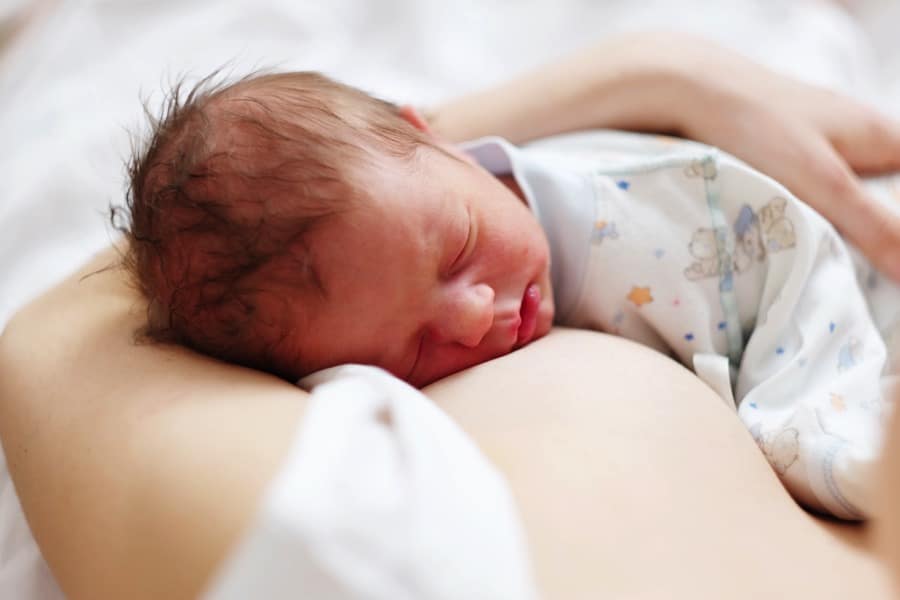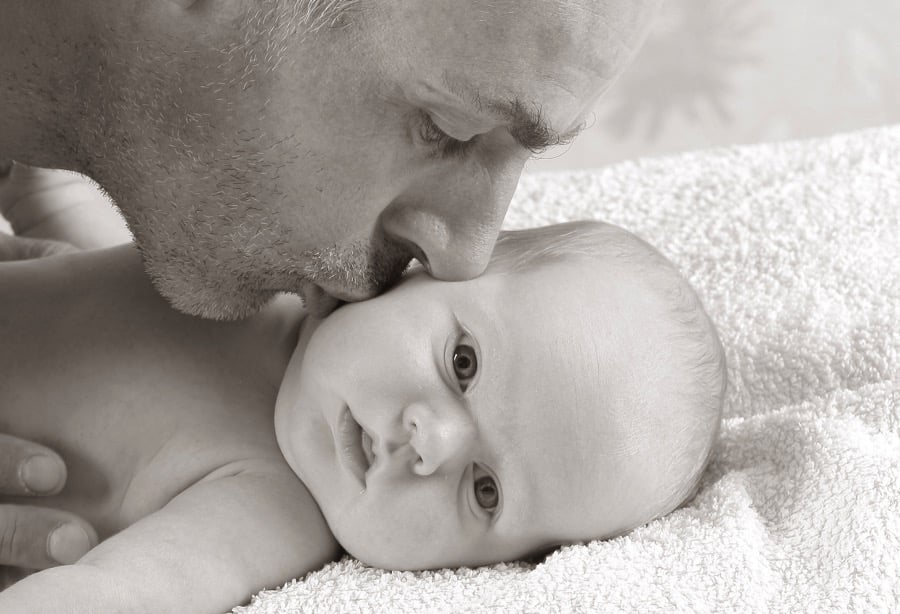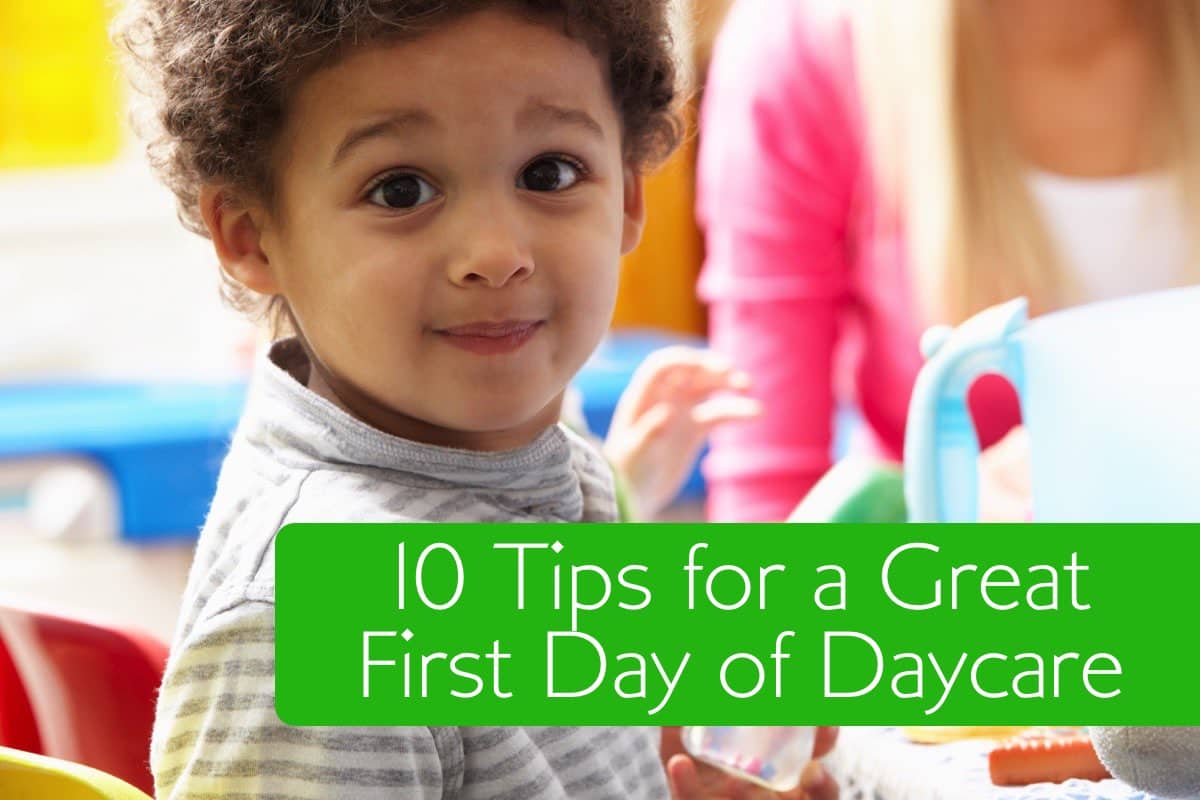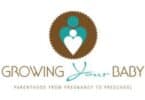The United States continues to be the only developed nation that does not offer paid maternity leave to all of its mothers. Instead, only qualifying individuals may be eligible for a 12-week leave. Most are in high-level positions. The remaining individuals have long-standing positions at their job and are eligible under the Family Medical Leave Act (FMLA).
A new study has made a strong case for finally making universal paid maternity leave a thing. A total of 26 national and international studies on maternity leave and duration were examined. Highlights of the findings included:
A 2000 study on nine Western European countries showed that adding a 10-week paid maternity leave to average paid leaves decreased infant deaths by 5 percent.
A 2012 U.S. study of 3,350 mothers linked a paid maternity period of fewer than eight weeks to poorer health outcomes for mothers and their infants, as well as an increased risk of depression for moms;
A 2005 U.S. study of 1,907 mothers associated a paid maternity leave of 12 weeks or longer with longer breastfeeding durations for infants and fewer behavioral issues for children as they age. The study also determined that infants were more likely to be up-to-date on their immunizations when provided with at least 12 weeks of paid maternity leave.
A 2011 Australian study of 1,507 mothers linked a paid maternity leave to a 58 percent lower incidence in physical and emotional partner violence.
A 2018 U.S. study of 3,850 mothers linked longer maternity leave periods to positive mother-child interactions that ultimately led to secure attachment, empathy, and academic success as the child aged.
The authors of the multinational study also found some troubling data regarding the number of mothers who are ineligible for paid maternity leave. An alarming 62 percent of low-wage earners (those that made $30,000 or less annually) did not receive paid leave while only 26 percent of their higher-earning peers ($75,000 or more) were ineligible for paid leave.
“In the U.S., women in higher-paid households are often able to stay home with their infants for 12 weeks or more because many of them have access to paid maternity leave, or are able to take unpaid leave without significantly impacting their families,” said Dr. Christina Mangurian, senior author and Professor and Vice Chair for Diversity and Equity at the UCSF Department of Psychiatry. “On the other hand, lower-income women frequently need to return to work earlier because they can’t afford to take unpaid leave. This is a problem because data suggest that at least 12 weeks of paid maternity leave has a beneficial effect on the mental and physical health of both the mother and baby.”
When one considers that one in four mothers, denied paid maternity leave, return to work within just 10 days of giving birth, the continued resistance to developing a paid maternity leave program in the U.S. seems outright irresponsible and insensitive to the needs of families. More than that, it suggests that our country is not as invested in the health and wellness of our society is as important as they claim.
“Given the substantial mental and physical health benefits associated with paid leave, as well as favorable results from studies on its economic impact, the United States is facing a clear, evidence-based mandate to create a national paid maternity leave policy,” Maureen Sayres Van Niel, MD, a reproductive psychiatrist in Cambridge, Mass recently said. “We recommend a national paid maternity leave policy of at least 12 weeks for all mothers.”







